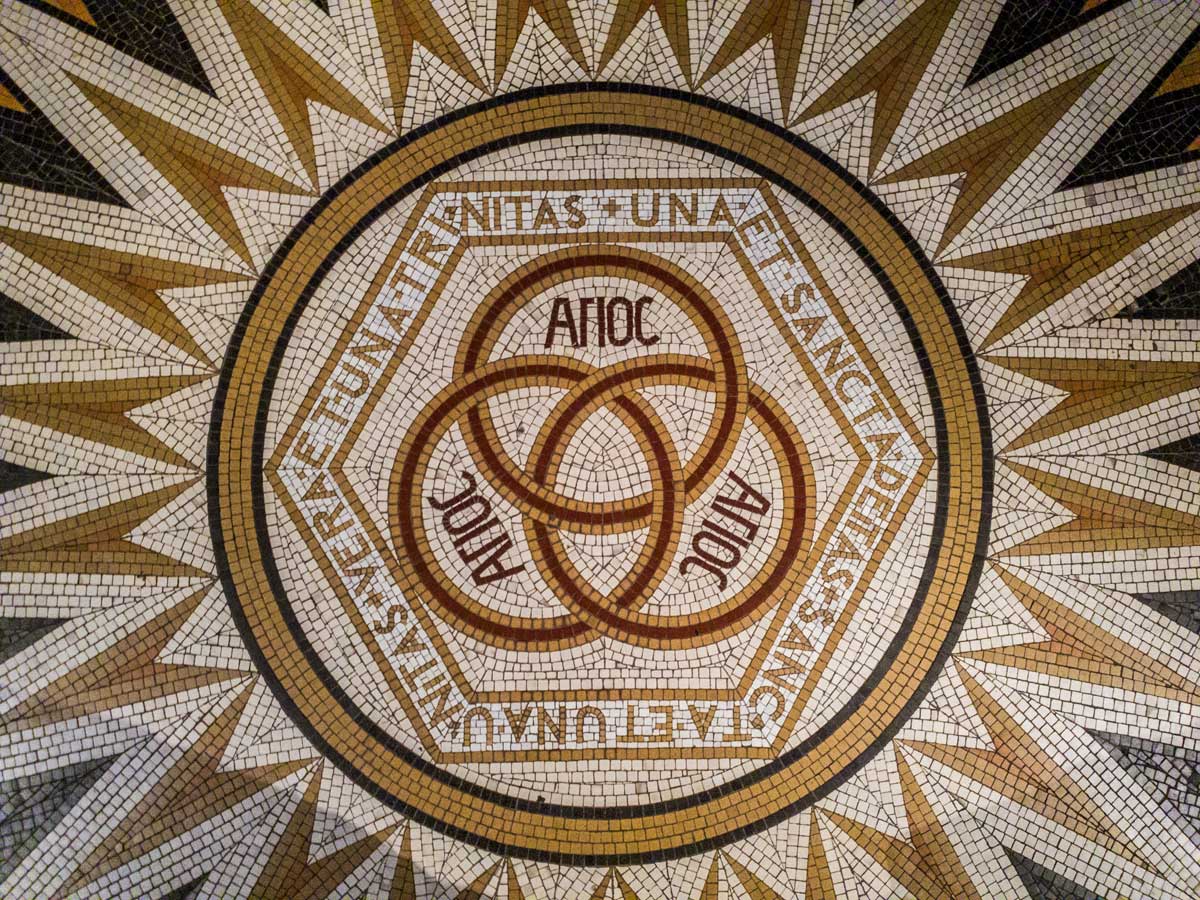Speaking in Tongues
Preston Jones on Language, Faith & Culture
In April 1998 James Brooke reported in the New York Times that of the some 300 American Indian languages that were spoken when Europeans arrived in what is now the United States and Canada, about 211 remain in use. “Despite five centuries of population decline, assimilation and linguistic oppression,” Brooke wrote, “most of North America’s Indian languages have survived to the end of the twentieth century.”
In recent years things have become desperate, for “with the impact of television and radio and increased mobility among Indians, North America’s native languages are suffering their sharpest free fall in recorded history.” Of the 175 native tongues still spoken in the United States, just 20 are still being passed on to young children. “In contrast, 70 languages are spoken only by grandparents, and 55 more are spoken by 10 tribal members or fewer.”
Language death is of course nothing new. The languages of the Hittites, Jebusites, Perizzites, and Amorites are not recognized by the United Nations, and Pictish, an ancient Scottish tongue, is beyond the comprehension even of specialists. What is relatively new is the widespread sentiment that the loss of languages is regrettable. Informing this regret is an admirable (if sometimes vague and sentimental) concern for native cultures and histories and the belief that the most precious thing about a language is its worth as a particular tool to reach the transcendent in a particular way.
As one woman told a United States Senate committee hearing on the plight of indigenous languages in North America, “I view the speaking of our language as a human right, given to us by the Creator. He chose what group and what individuals should be in those groups to speak those languages. As he gave the birds [their] individual songs . . . he gives us our languages.” “Indians interested in reviving traditional ways say they cannot pray to their ancestors in English,” Brooke noted, and cited the observation of a University of California scholar that some Indians are “starting to reinvent their languages so they can pray at ceremonies and funerals.” For some native peoples, faith and language are inextricable.
To proponents of the sink-or-swim economy, these views are mere sentiment. Audio-Forum can make a few dollars selling “Teach Yourself Choctaw” kits, but of what economic use is Eyak, which is now spoken by fewer than ten elderly people in south-central Alaska? Others believe that the only languages worth preserving are the ones in which great literature has been produced. Icelandic and Latin are in, Manx and Pawnee are out.
The preservation of a minority language is at the heart of numerous political movements around the globe. Believing that French should be preserved in the American South, some Louisianan communities are now establishing and strengthening ties with towns and cities in France, northern New Brunswick, and Quebec. Meanwhile Québécois nationalism, rooted in a persistent fear that the French spoken in North America’s upper-right-hand corner is imperiled, thrives; and in northwestern France Breton nationalists decry the slow decline of their Celtic tongue, in their view, a victim of Parisian imperialism.
The Decline of Welsh
And then there is Welsh, still spoken by some in a former Welsh colony in Patagonia, Argentina, and, according to the 1991 British census, by about 18 percent of the residents of Wales. In 1901 some 50 percent of the inhabitants of Wales could speak their country’s native tongue; ten years later that number fell to 43 percent. By 1951 just 28 percent of Welshmen could speak Welsh; and thirty years later only 19 percent could. Some scholars believe that Welsh will die as a living language by 2010.
The story of a small community in Wales called Pont-rhyd-y-fen, a stronghold of the Welsh language till after the Second World War, is typical. In 1951 close to 80 percent of the people in Pont-rhyd-y-fen spoke Welsh, compared to 28 percent in Wales as a whole. Less than 30 percent do now.
In the Journal of Ethnological Studies in 1992 Beth Thomas described what has become of Pont-rhyd-y-fen. “New work patterns, greater mobility, smaller and more scattered families have all left their mark on community life,” Thomas wrote. “Most of the community’s organized social activities came to an end in the 1950s and 1960s.”
Preston Jones teaches history at John Brown University.
subscription options
Order
Print/Online Subscription

Get six issues (one year) of Touchstone PLUS full online access including pdf downloads for only $39.95. That's only $3.34 per month!
Order
Online Only
Subscription

Get a one-year full-access subscription to the Touchstone online archives for only $19.95. That's only $1.66 per month!
bulk subscriptions
Order Touchstone subscriptions in bulk and save $10 per sub! Each subscription includes 6 issues of Touchstone plus full online access to touchstonemag.com—including archives, videos, and pdf downloads of recent issues for only $29.95 each! Great for churches or study groups.
Transactions will be processed on a secure server.
more on culture from the online archives
more from the online archives
calling all readers
Please Donate
"There are magazines worth reading but few worth saving . . . Touchstone is just such a magazine."
—Alice von Hildebrand
"Here we do not concede one square millimeter of territory to falsehood, folly, contemporary sentimentality, or fashion. We speak the truth, and let God be our judge. . . . Touchstone is the one committedly Christian conservative journal."
—Anthony Esolen, Touchstone senior editor













